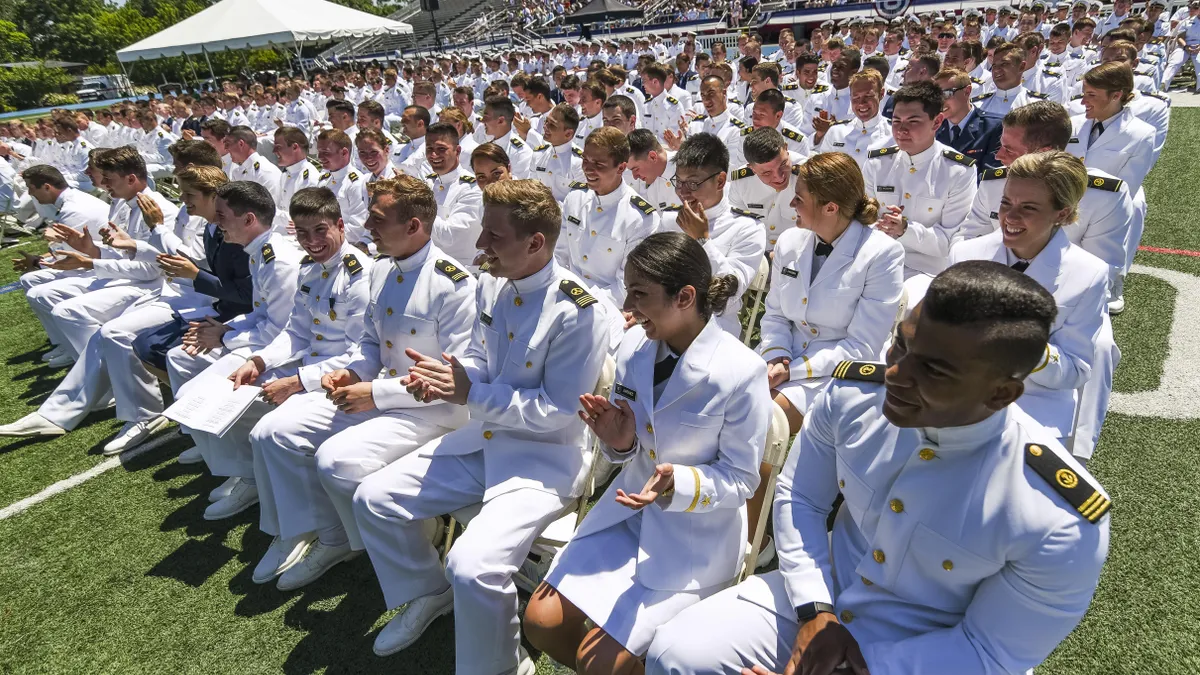Dive Brief:
- The Trump administration has officially ceased its plan to demand that 100% of U.S. food aid to other countries be subject to transport on American ships only, Reuters reported last week.
- The president was convinced to drop the order after Congress argued that global starvation would increase as a result, since instituting a cargo preference would increase the logistics cost of aid.
- Members of Congress have long labored to either lower or eliminate the current 50% shipping requirement for all food aid that comes from the U.S. They note that of the $2.8 billion spent on foreign food aid in 2016, roughly half is spent on shipping and storage alone.
Dive Insight:
President Donald Trump's 'America First' platform seeks to increase U.S. employment, productivity and competitiveness, but the global transport of food aid is an example of the difficulty of making such policies palatable to business needs.
The United States' small presence in the commercial shipping industry provides a perfect case study. Globalization, consolidation and various other factors have led to a general decline in the size of the U.S. Merchant Marine. While during World War II, U.S. flagships numbered over 1,200, American Shipper reports now the U.S. Merchant Marine operates less than 80 such vessels.
Maritime Administration (MarAd) officials have long sounded warning bells (see American Shipper reports from 2015, 2016 and 2017) over this decline, citing both economic and national security concerns over a declining presence. Their argument: In times of war, the U.S. needs to be able to secure its commercial supply chains, but over 90% of its goods are currently transported on foreign fleets. Installing requirements to increase the need for U.S. flagships, by mandatory transport rules, would also cause higher employment at U.S. shipyards and ports while securing the nation's economy. Such arguments likely resonated with the new administration.
However, the America First philosophy indirectly leads to higher costs across the chain, as it limits shippers' options and distorts the economic deflators of a market economy. By limiting production, sources, or even ocean cargo carriers to a Made in America derivation, supply-side factors contract and drive up price. This, in turn, limits actual production.
When it comes to food aid, which is run by the U.S. government, these distortions would cost the nation millions of dollars. But similar effects can be seen when America First policies are applied to the public sector. Several reports suggest a change to rules of origin to increase domestic component requirements of free-trade imports, or federal 'Buy American' procurement policies, would similarly raise supply costs for U.S.-based businesses.
If the president's America First agenda is to move forward, somebody will have to bear the economic burden. At least for now, Trump decided it would not be shippers of food aid. However, it is also clear MarAd's concerns over competitiveness and supply chain security are in the administration's sights.













